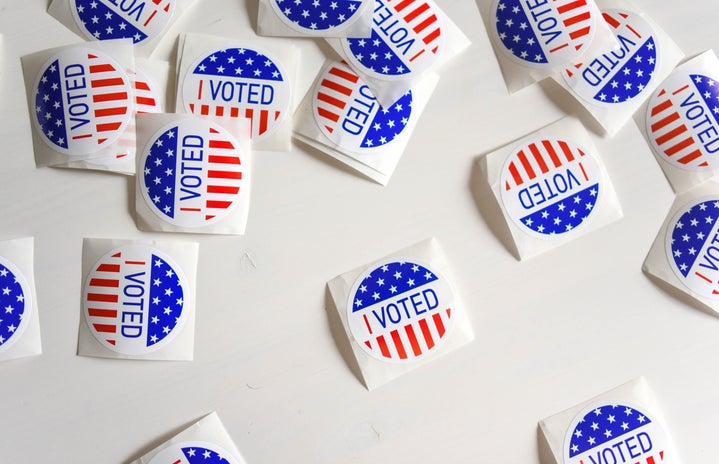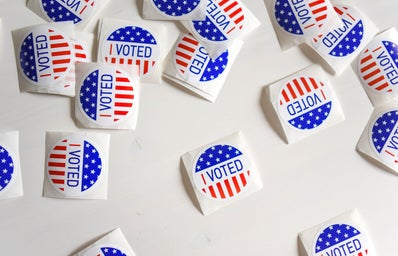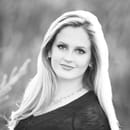Iowa’s caucus is one of the most important determinants of success every presidential election season. While most states vote in primaries, Iowans hold caucuses at more than sixteen hundred precinct locations within the state, and ninety-nine satellite locations outside the state. At these caucuses, either the candidates or representatives of the candidates speak to persuade voters. Iowans physically move to a space within these venues to show their support for a candidate, where they must be counted twice. A candidate must win a minimum of fifteen percent of voters in a precinct to be determined viable (Washington Post). If any group is determined not viable, the members have the opportunity to move to an undecided space or join another candidate’s group. This physical act of going to a designated location to hear the pitches of all candidates is unique to Iowa, especially given that most states vote in primaries with a ballot.
Iowa is also the first election of the presidential primary season, making it an effective poll of who voters might favor when it comes time to choose only one candidate per party. However, the caucus format takes the place of a more traditional primary, often leading to delays in vote counting and miscalculation between precincts. In my home state of Minnesota, I simply cast an absentee ballot from campus for the primary on March 3. Other voters simply go to private booths like any other election. The act of casting a ballot allows for accurate counting as well as accountability among precincts, leaving a paper trail in the event of miscalculation. Caucuses prevent this from happening as voters can leave once their candidate is deemed viable and they have been counted, and all voters leave the venue after the event’s conclusion. This makes it extremely challenging to rectify issues of miscalculation or errors in counting, which often happens in Iowa. During the 2016 election cycle, the same issue arose with Iowa caucuses (CNN). Both the campaigns of Hillary Clinton and Bernie Sanders took issue with the results of the caucus due to discrepancies in declaring the winner and deciding the winner via coin flip in some precincts. These complications make the validity of the Iowa caucus questionable, especially as Iowa is normally taken as an indicator for the success of candidates as the parties move closer to selecting one candidate.

However, some Iowans find value in going to caucuses to hear the opinions of others. While the sources and accuracy were disputed (New York Times), a Des Moines Register poll indicated that only forty percent of Iowans had selected their candidate definitively before February 3. Iowa is an important state for both Democrats and Republicans despite the difference in demographics between Iowa and the rest of the United States: the state is roughly eighty-nine percent white (Washington Post) and exceedingly more rural than other American states. The opportunity to caucus provides a venue to hear from the candidates or their representatives on issues that matter to voters, swaying voters to support one candidate over another. This is the value in Iowa’s caucus format over a more individualized primary process.
This begs the question of whether or not to keep Iowa’s famous caucuses or to switch to the more traditional primary stance, especially given another year of delayed results. As of 4:30 p.m. EST on February 4, there are no conclusive results from Iowa (Des Moines Register). As yet another election season begins, Iowa makes for an interesting start as Democrats attempt to narrow down their potential candidates for the presidency; and Americans continue to wonder if Iowa should stop caucusing and use primaries instead.



